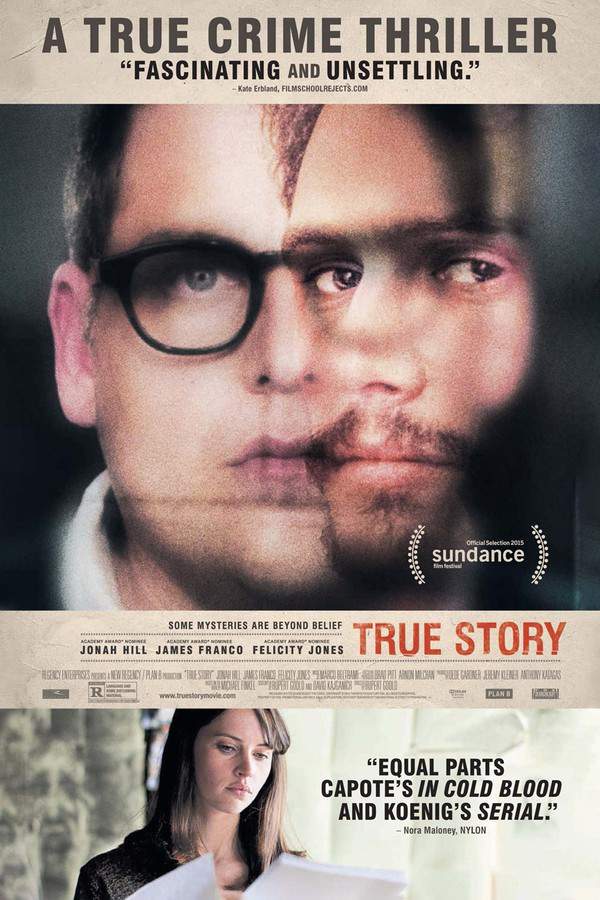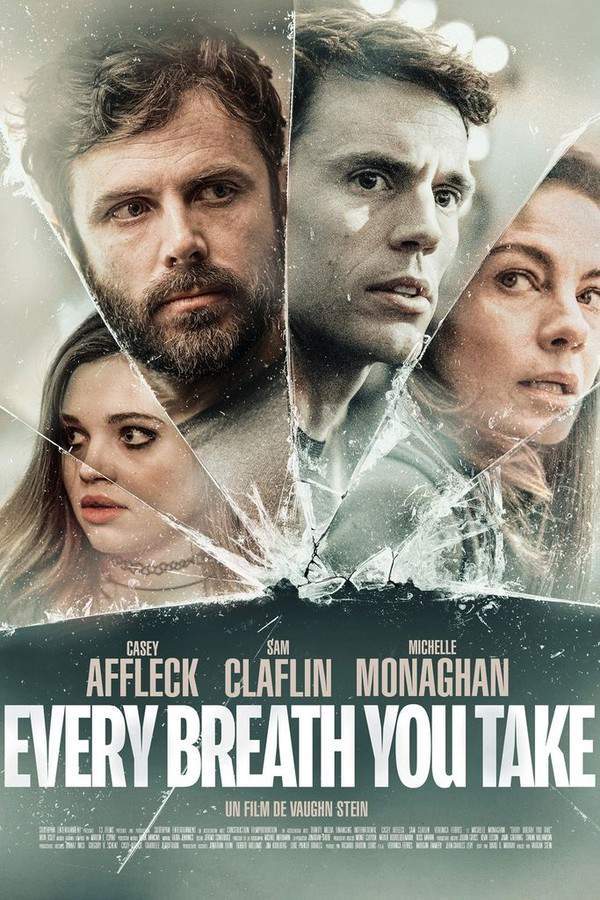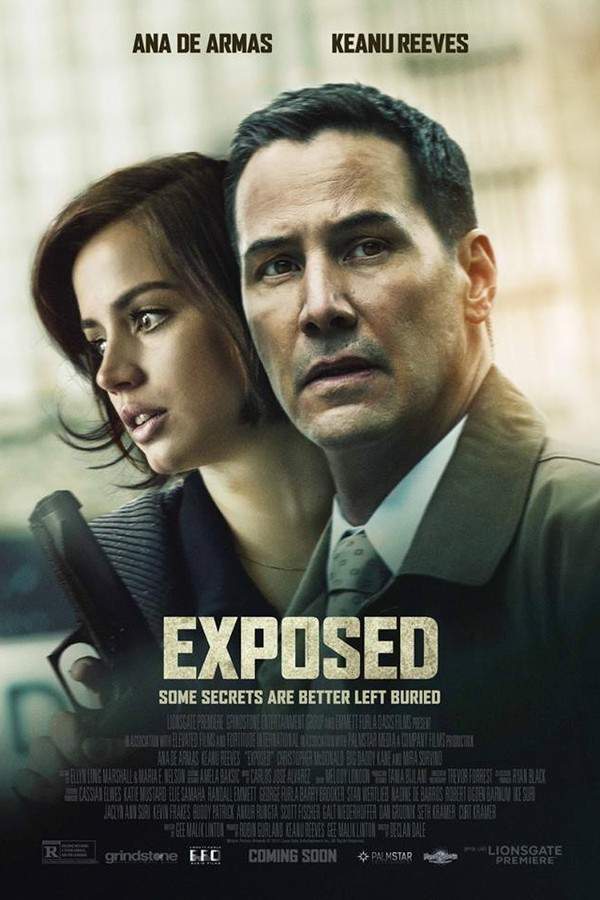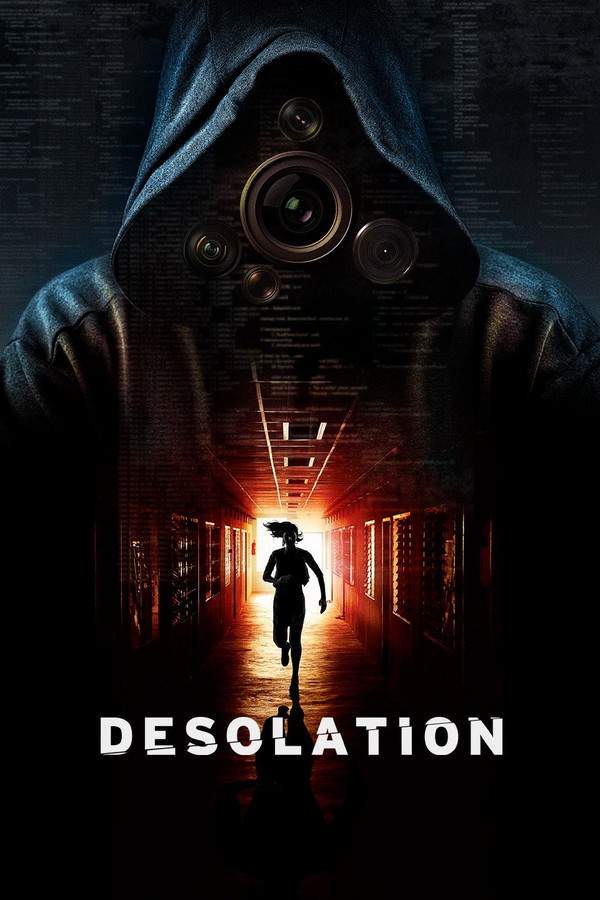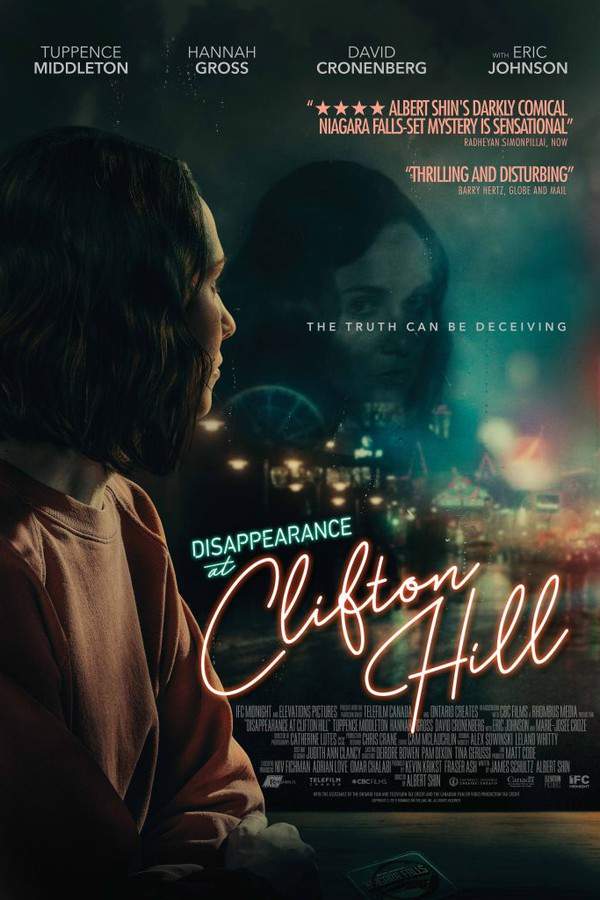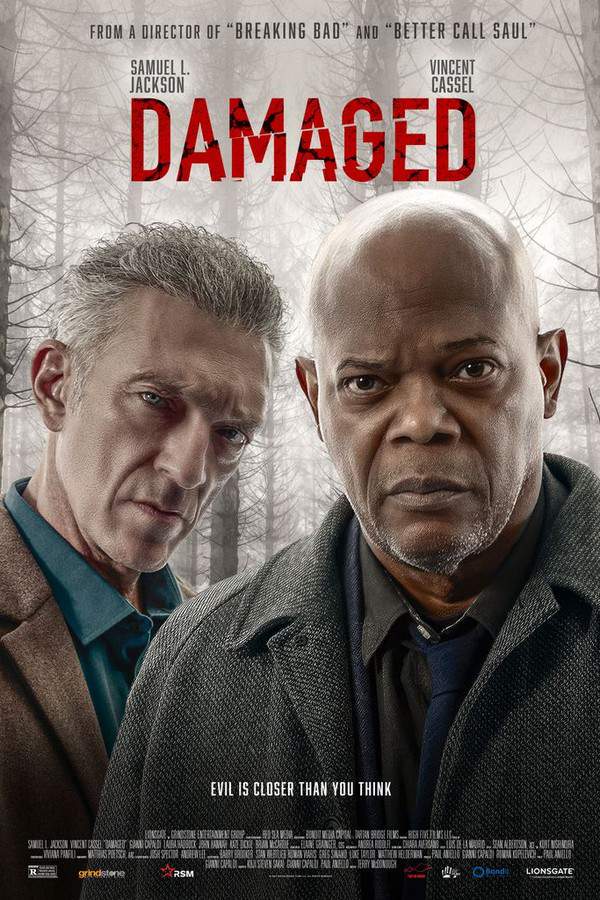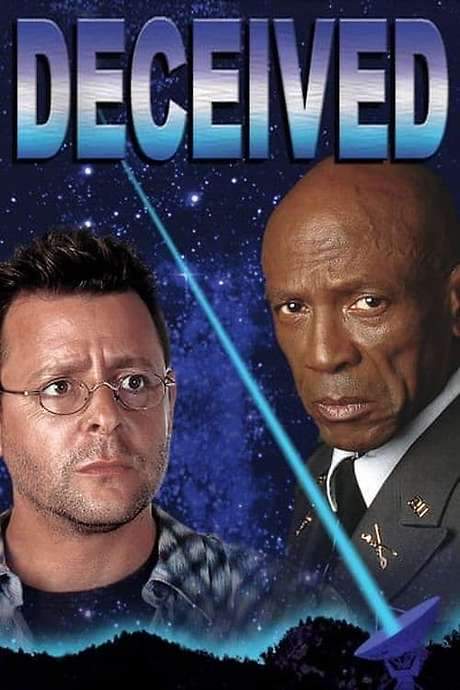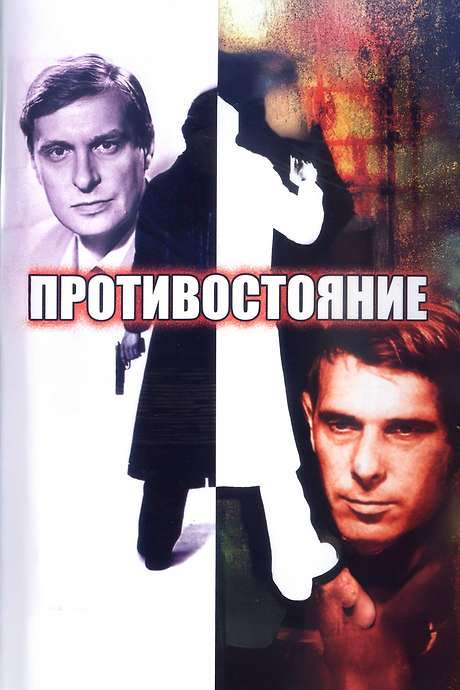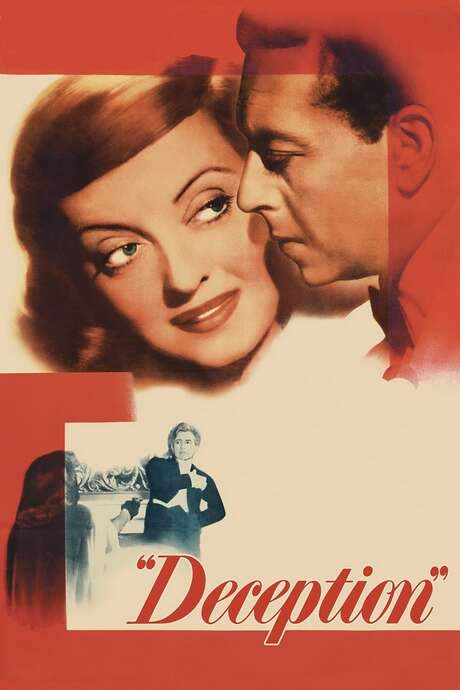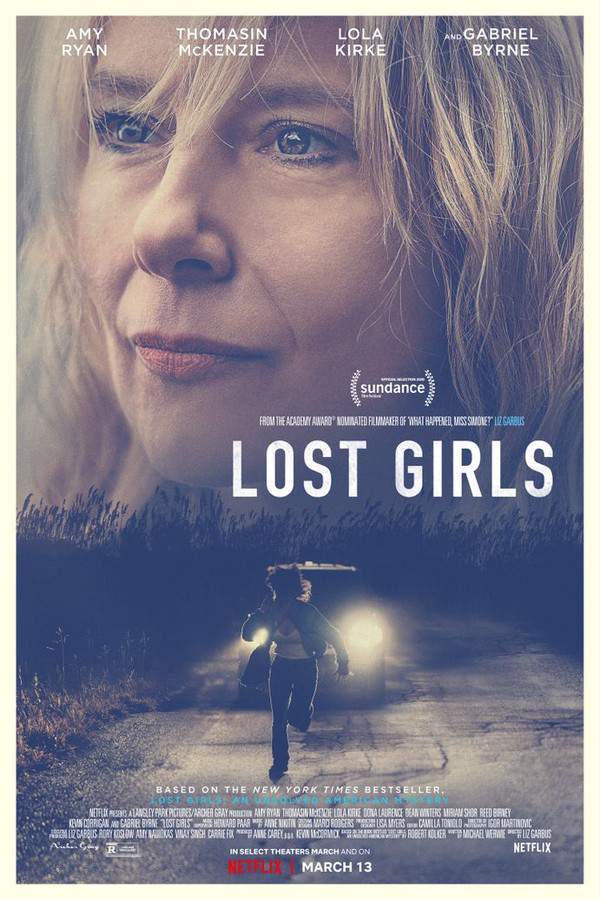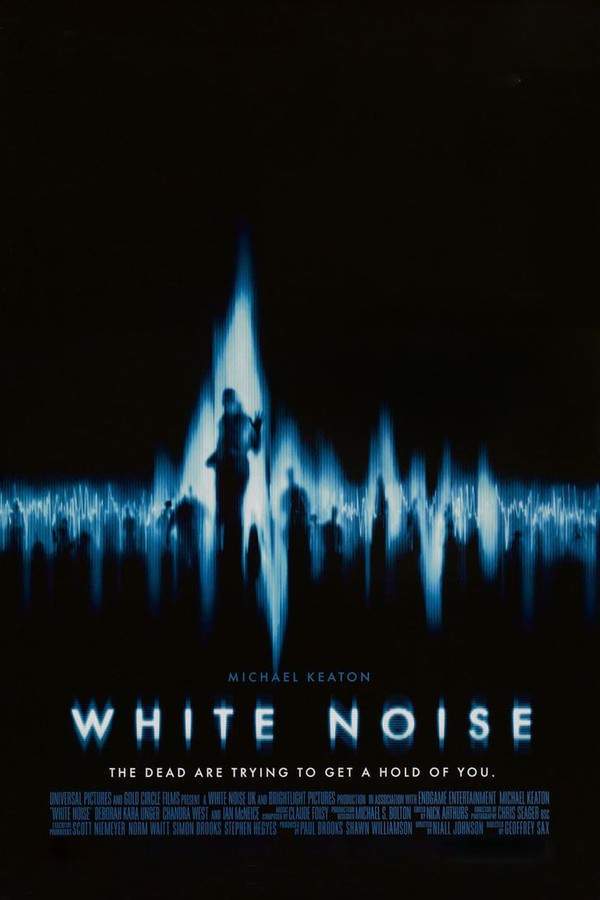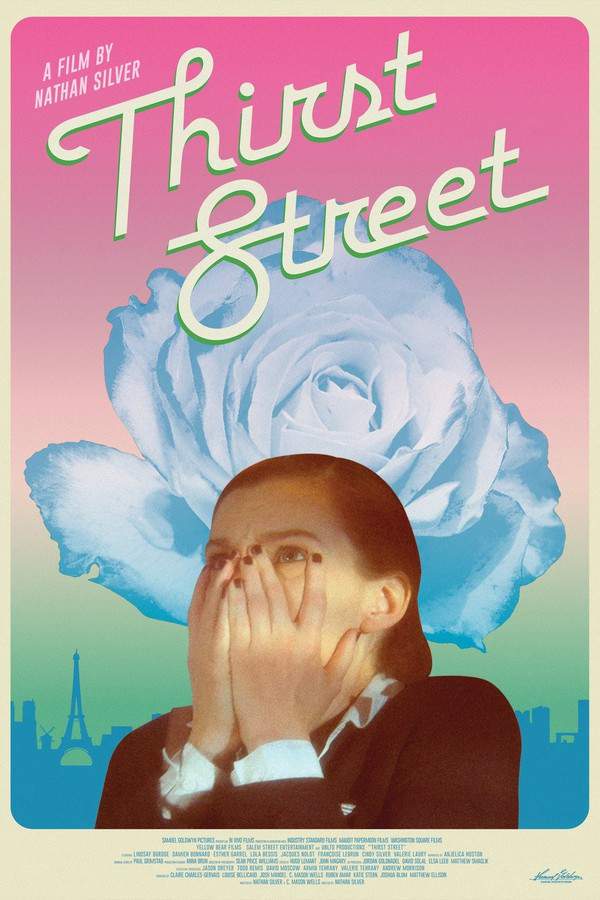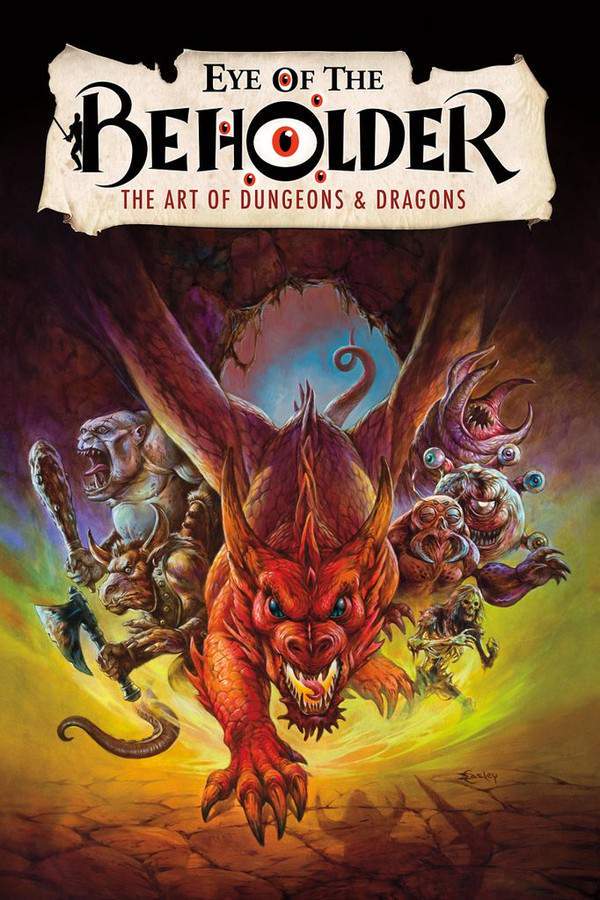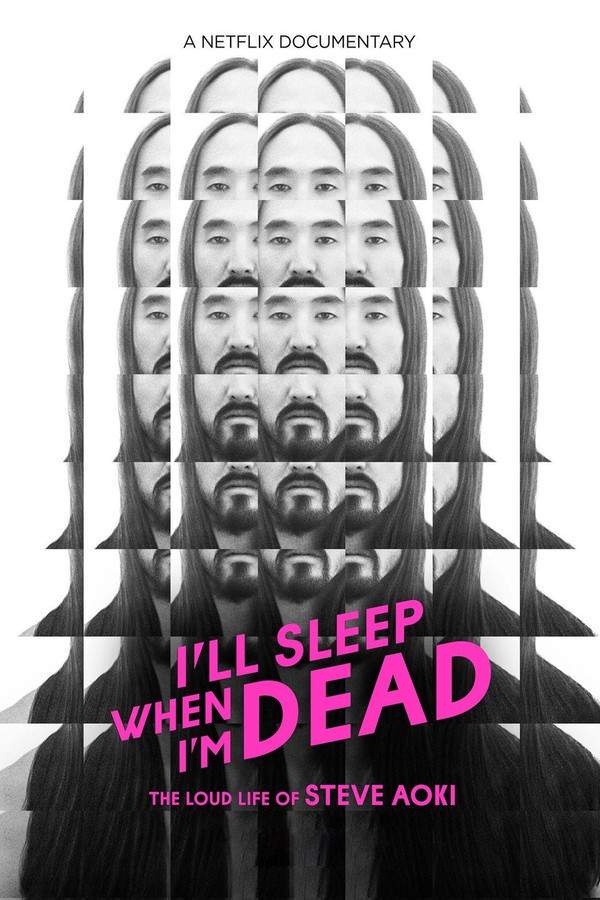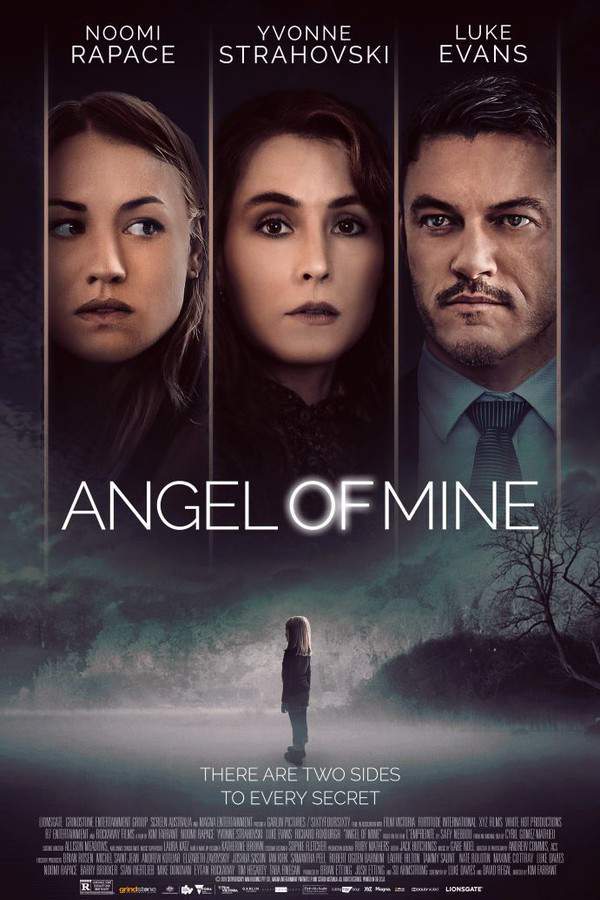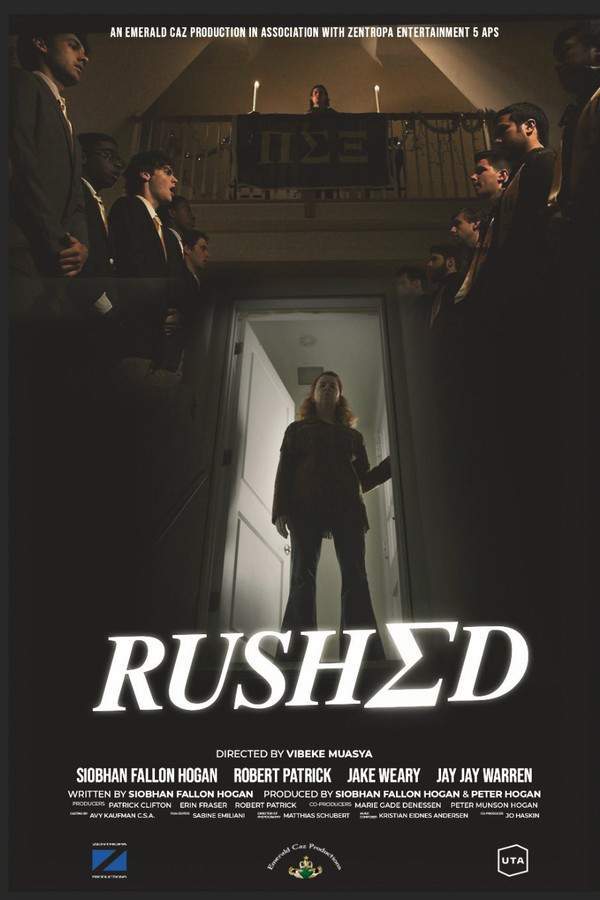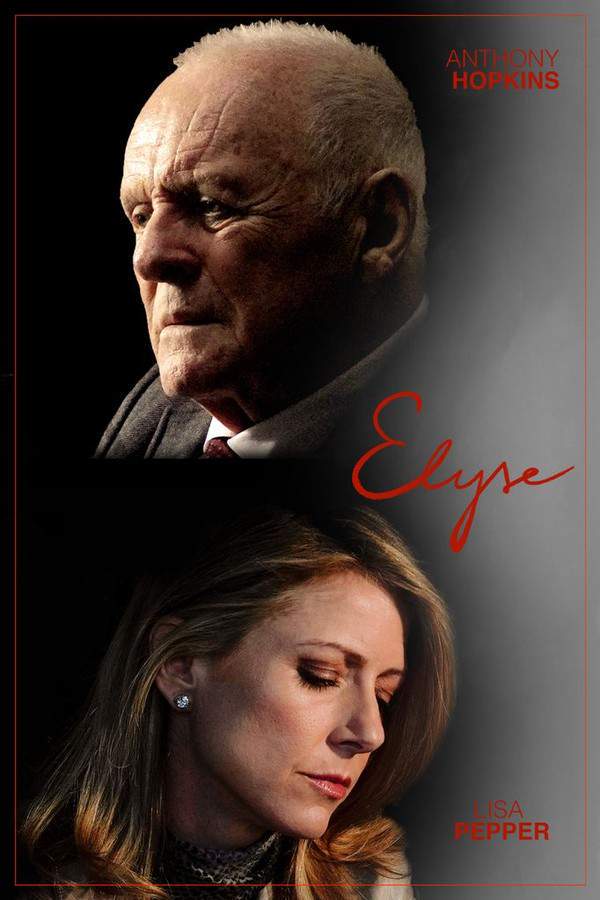
Obsession
Year: 1976
Runtime: 98 min
Language: Korean
Director: Brian De Palma
This gripping drama explores the complexities of obsession and its destructive power through five interconnected stories. The narratives follow diverse characters, including a Japanese traveler searching for answers and a man consumed by despair. Each episode delves into the darker aspects of the human mind, examining the depths of human struggle and the devastating consequences of confronting our deepest fears.
Warning: spoilers below!
Haven’t seen Obsession yet? This summary contains major spoilers. Bookmark the page, watch the movie, and come back for the full breakdown. If you're ready, scroll on and relive the story!
Obsession (1976) – Full Plot Summary & Ending Explained
Read the complete plot breakdown of Obsession (1976), including all key story events, major twists, and the ending explained in detail. Discover what really happened—and what it all means.
In 1959, Michael Courtland, a prosperous New Orleans real estate developer, wakes to a nightmare when his wife Elizabeth and their daughter Amy are kidnapped. The police propose a chillingly clever tactic: instead of paying a traditional ransom, Courtland should hand over a briefcase filled with ordinary paper cut into currency. The idea is that the kidnappers will be cornered into surrendering when they realize they’ve walked into a trap, not a windfall. Courtland reluctantly agrees, and the plan spirals into a catastrophic misfire. A dramatic car chase ends in a spectacular explosion, wiping out the abductors and the victims alike. Traumatized by the loss, Courtland blames himself for what happened and becomes consumed by guilt and grief.
Sixteen years pass, and Courtland’s life is dominated by memory and mourning. He falls into an almost obsessive longing for Elizabeth, and to honor her memory he has a monument built—an almost sacred replica of a Florentine church, the Basilica di San Miniato al Monte, where the couple first met. On a business trip to Florence, Courtland is urged by his partner, Robert LaSalle, to take a detour to the very church that holds his memories. There, he encounters a young woman named Sandra Portinari, who bears an uncanny resemblance to Elizabeth. The sight unsettles Courtland, and he begins to court Sandra in a bid to recreate the lost past, subtly shaping her to resemble Elizabeth’s image.
Returning to New Orleans with Sandra, Courtland plans to marry her. But the wedding night shatters any sense of safety or peace when Sandra is kidnapped once more. A fresh ransom note—eerily identical to the one from sixteen years earlier is left behind. This time, Courtland resolves to play the role of both pursuer and supplicant, withdrawing enormous sums from his accounts and even signing over his stake in the business to LaSalle in a desperate bid to rescue Sandra. The stakes rise as Courtland uncovers a devastating truth: LaSalle has orchestrated the entire chain of events to seize control of Courtland’s fortune, and Sandra—who is now en route to Rome with her payoff—has been part of the scheme from the beginning. The revelation is brutal: Sandra is not Elizabeth’s stand-in but a pawn in a larger conspiracy, and the man behind the plot is LaSalle.
The film plunges into a brutal confrontation as Courtland confronts LaSalle and murders him in a fit of rage. He hurries to the airport, determined to intervene before Sandra can be lost forever to the scheme. The tension tightens as the climb toward the terminal scene intercuts with flashbacks about the original kidnapping, the deception surrounding Amy’s survival, and LaSalle’s long game to control Courtland’s fortune. As Courtland edges toward the gate with a gun and a vow, a security guard blocks him, and in a desperate moment he slams the money-laden briefcase into the guard, causing a chaotic spill of bills to flutter through the air.
Sandra’s reaction becomes the heart of the moment: she spots the fluttering money, rises, and races toward Courtland with a mix of fear and longing. In a pivotal and emotional turn, she cries out with a renewed sense of trust, “Daddy! You came with the money!” She closes the distance between them, and as she leaps into his arms, the truth crystallizes in Courtland’s mind. He looks at her with a mix of astonishment and dawning recognition, and, in a quiet, overwhelming moment, he calls her Amy and allows himself to feel the long-buried connection he had hoped to forget.
What starts as a deeply personal tragedy evolves into a layered revelation about loyalty, deception, and the cost of clinging to a past that might never have been what it seemed. The narrative unfolds with careful precision, using the Florence trip and the church as a motif for memory and longing, the New Orleans setting to ground the moral stakes, and the airport sequence to surge the drama to a climactic emotional peak. Throughout, the film maintains a restrained, methodical tone, balancing suspense with the characters’ psychological scars, never letting the audience forget the original wound that began the cycle of manipulation and loss.
In the end, the truth comes at the moment of greatest danger and greatest vulnerability. The search for Elizabeth’s image, the manipulation by LaSalle, and the hidden daughter Amy all collide in a moment of recognition that reframes the entire saga. Courtland’s recognition of Amy—his daughter—offers a fragile, redemptive thread amid years of pain, and the final embrace carries the weight of a long-delayed revelation. The story closes on a note of emotional resolution, even as it lingers on questions about the enduring reach of a past that won’t stay buried, and the uneasy alliance between love, greed, and memory.
Last Updated: November 22, 2025 at 15:58
Explore Movie Threads
Discover curated groups of movies connected by mood, themes, and story style. Browse collections built around emotion, atmosphere, and narrative focus to easily find films that match what you feel like watching right now.
Thrillers with shocking long cons like Obsession
Stories where deep-seated betrayals are slowly unveiled with devastating effect.If you liked the devastating long con reveal in Obsession, you'll find similar movies here. These psychological thrillers and dramas feature deeply hidden betrayals that unfold methodically, leading to a climactic confrontation that recontextualizes everything the characters thought they knew.
Narrative Summary
These narratives often build over an extended period, lulling the audience and characters into a false sense of security. The central dramatic event is the unveiling of a carefully planned deception, which forces a radical reinterpretation of past events and challenges the protagonist's sanity and understanding of their relationships.
Why These Movies?
Movies are grouped here based on their shared focus on a central, life-altering betrayal, a methodical pacing that builds suspense, and a high emotional weight stemming from the psychological trauma of the reveal. The tone is consistently dark and tense.
Dramas about obsessive grief like Obsession
Intense explorations of characters consumed by loss and their desperate searches.For viewers who appreciated the heavy exploration of grief and obsession in Obsession, this section features similar character-driven stories. These movies focus on protagonists whose lives are defined by a single traumatic loss, leading them on a melancholic and tense journey with bittersweet or tragic conclusions.
Narrative Summary
The story is a linear or episodic journey following a grieving protagonist. Their obsession becomes the central engine of the plot, dictating their actions and relationships. The conflict is often internal, a battle between the need to hold on and the necessity of letting go, set against a backdrop of suspense and psychological tension.
Why These Movies?
These films share a heavy emotional weight centered on grief, a dark and melancholic tone, and a central character defined by obsession. The pacing is typically steady, allowing for a deep psychological portrait, and the intensity is high due to the character's internal turmoil and desperate actions.
Unlock the Full Story of Obsession
Don't stop at just watching — explore Obsession in full detail. From the complete plot summary and scene-by-scene timeline to character breakdowns, thematic analysis, and a deep dive into the ending — every page helps you truly understand what Obsession is all about. Plus, discover what's next after the movie.
Obsession Timeline
Track the full timeline of Obsession with every major event arranged chronologically. Perfect for decoding non-linear storytelling, flashbacks, or parallel narratives with a clear scene-by-scene breakdown.

Characters, Settings & Themes in Obsession
Discover the characters, locations, and core themes that shape Obsession. Get insights into symbolic elements, setting significance, and deeper narrative meaning — ideal for thematic analysis and movie breakdowns.

Obsession Spoiler-Free Summary
Get a quick, spoiler-free overview of Obsession that covers the main plot points and key details without revealing any major twists or spoilers. Perfect for those who want to know what to expect before diving in.

More About Obsession
Visit What's After the Movie to explore more about Obsession: box office results, cast and crew info, production details, post-credit scenes, and external links — all in one place for movie fans and researchers.


